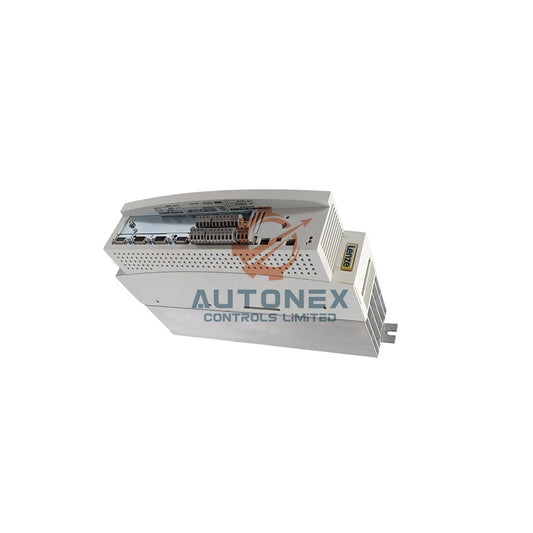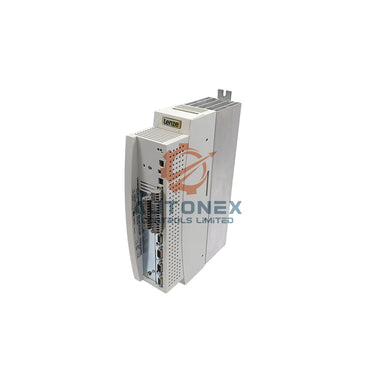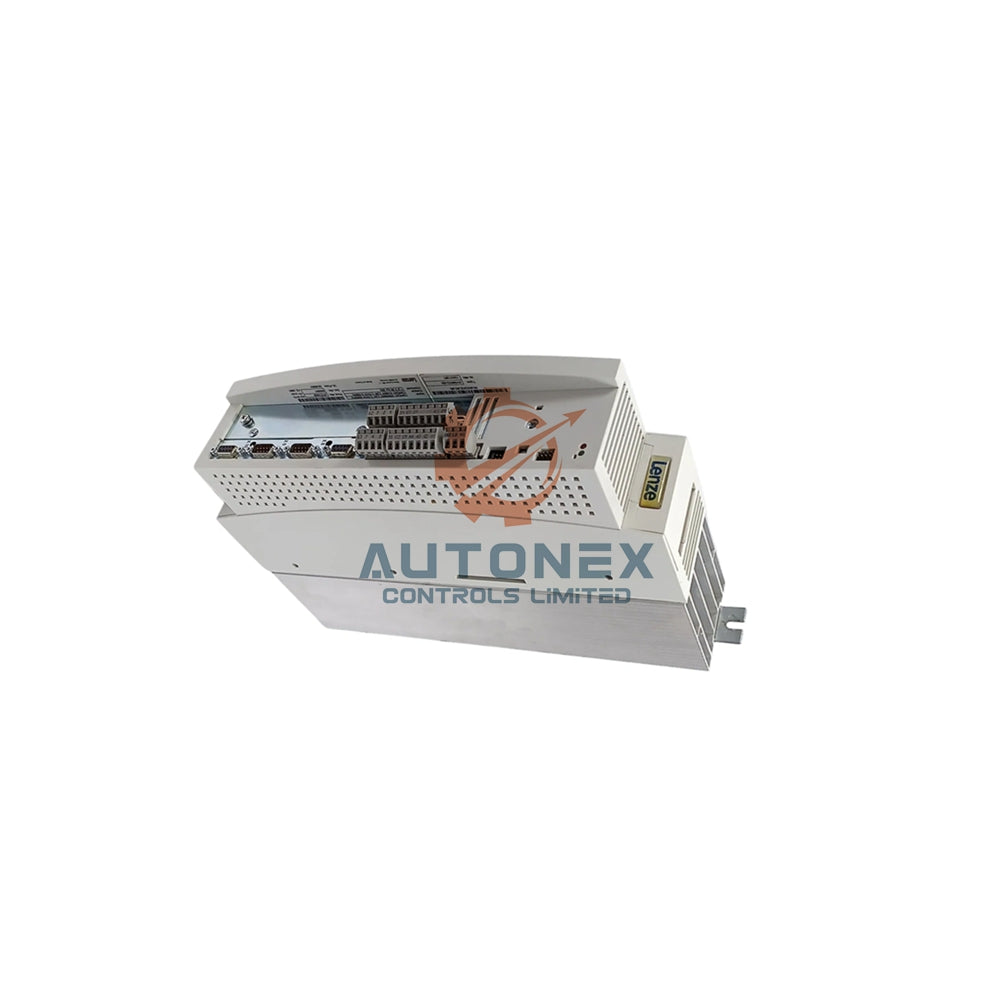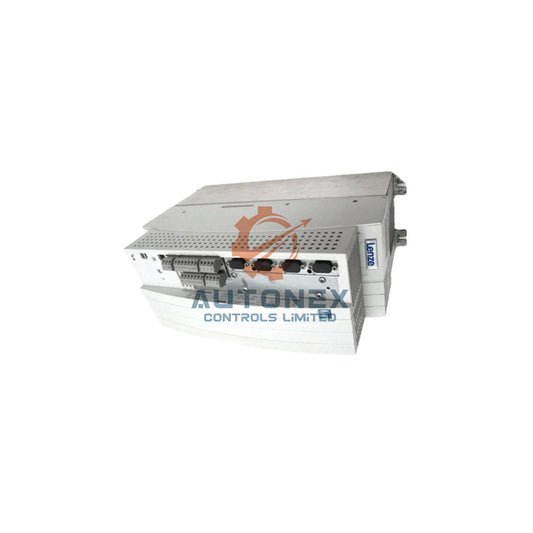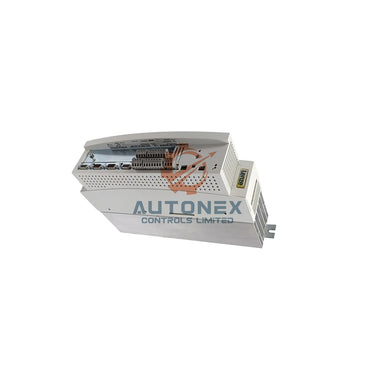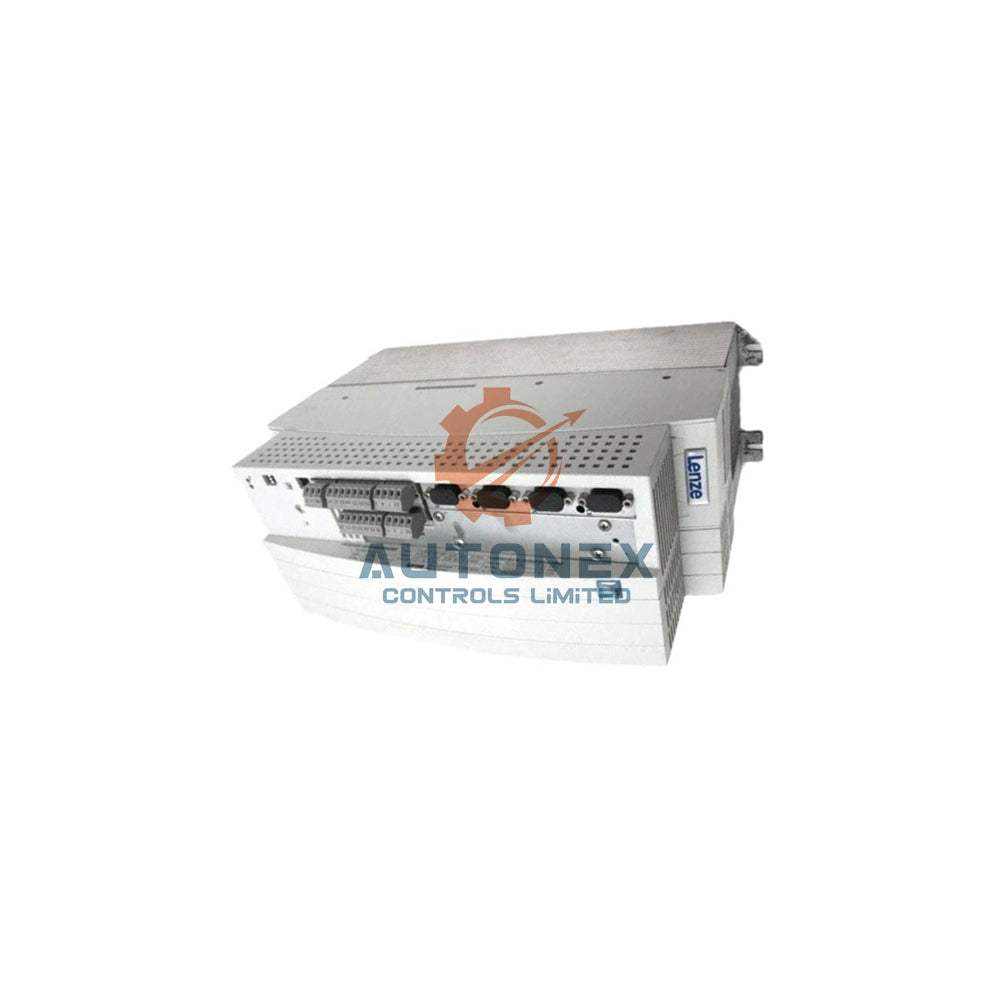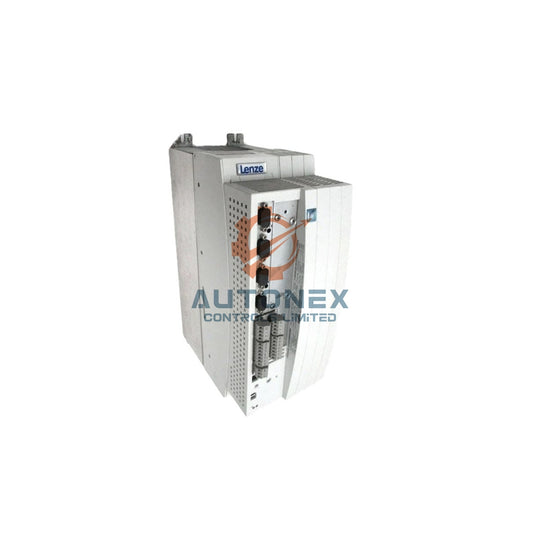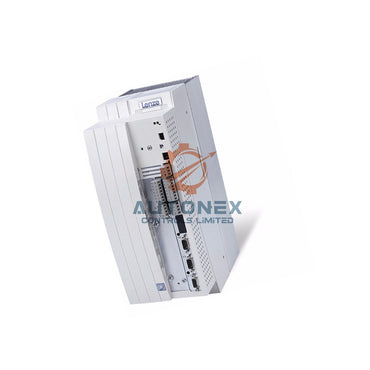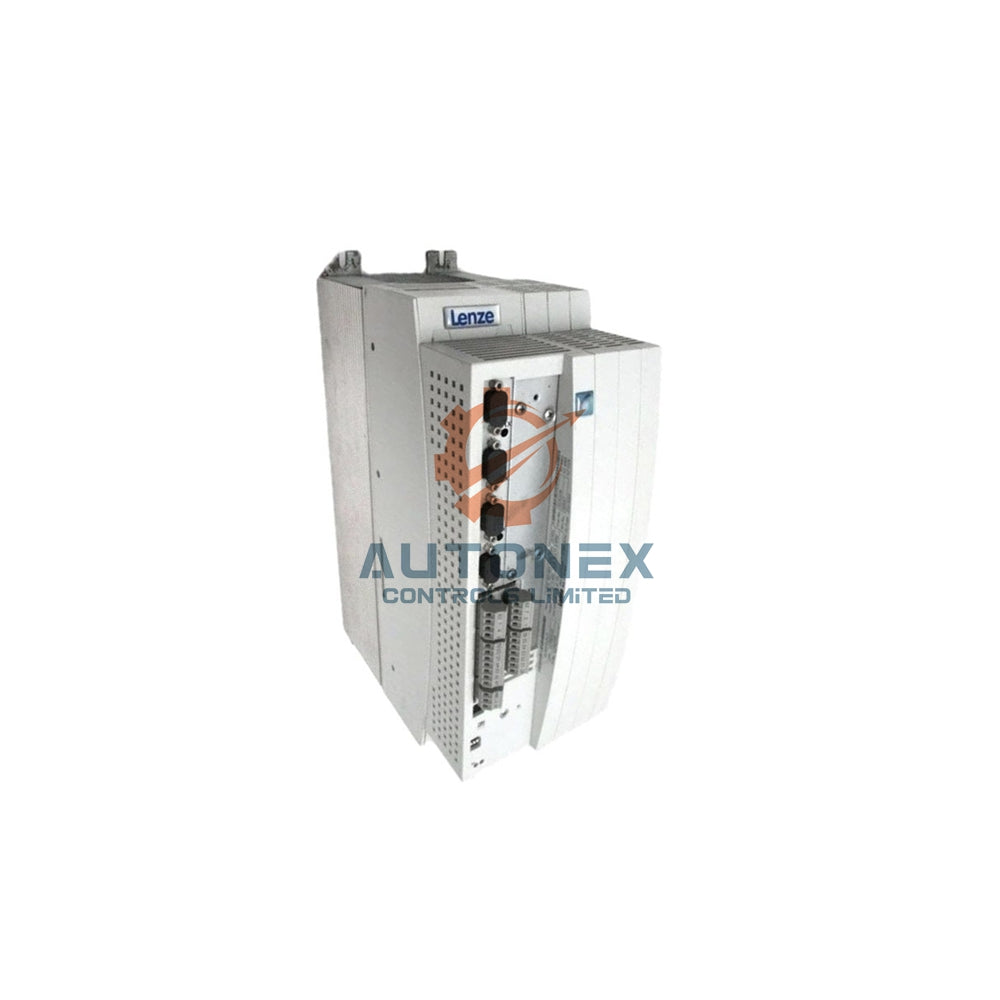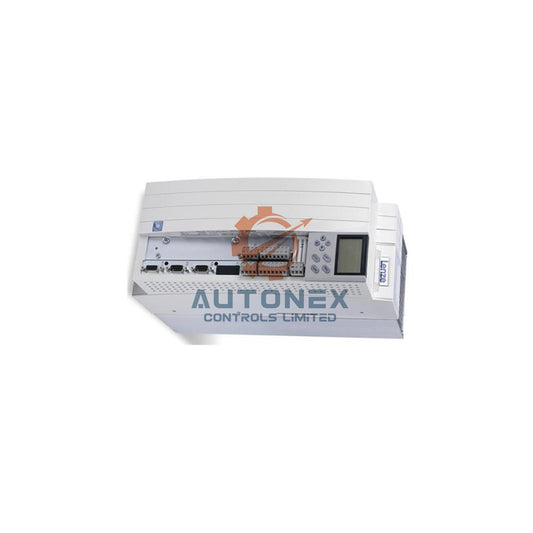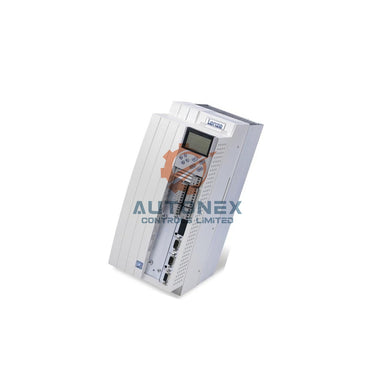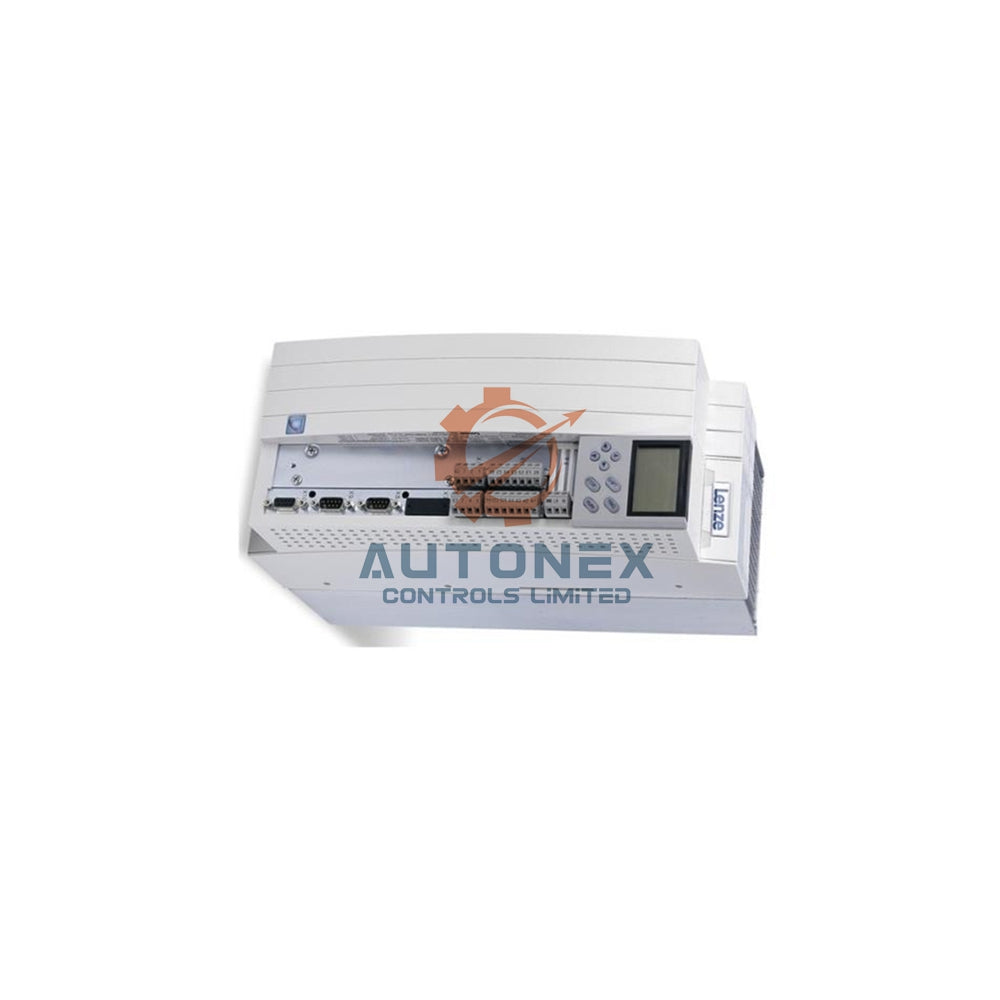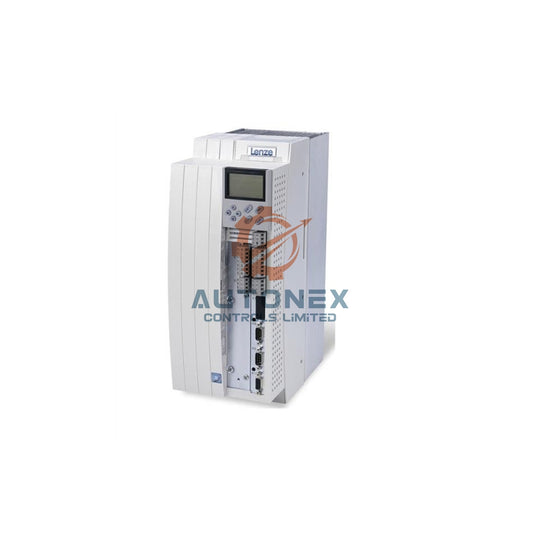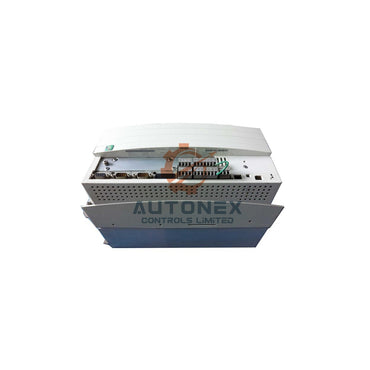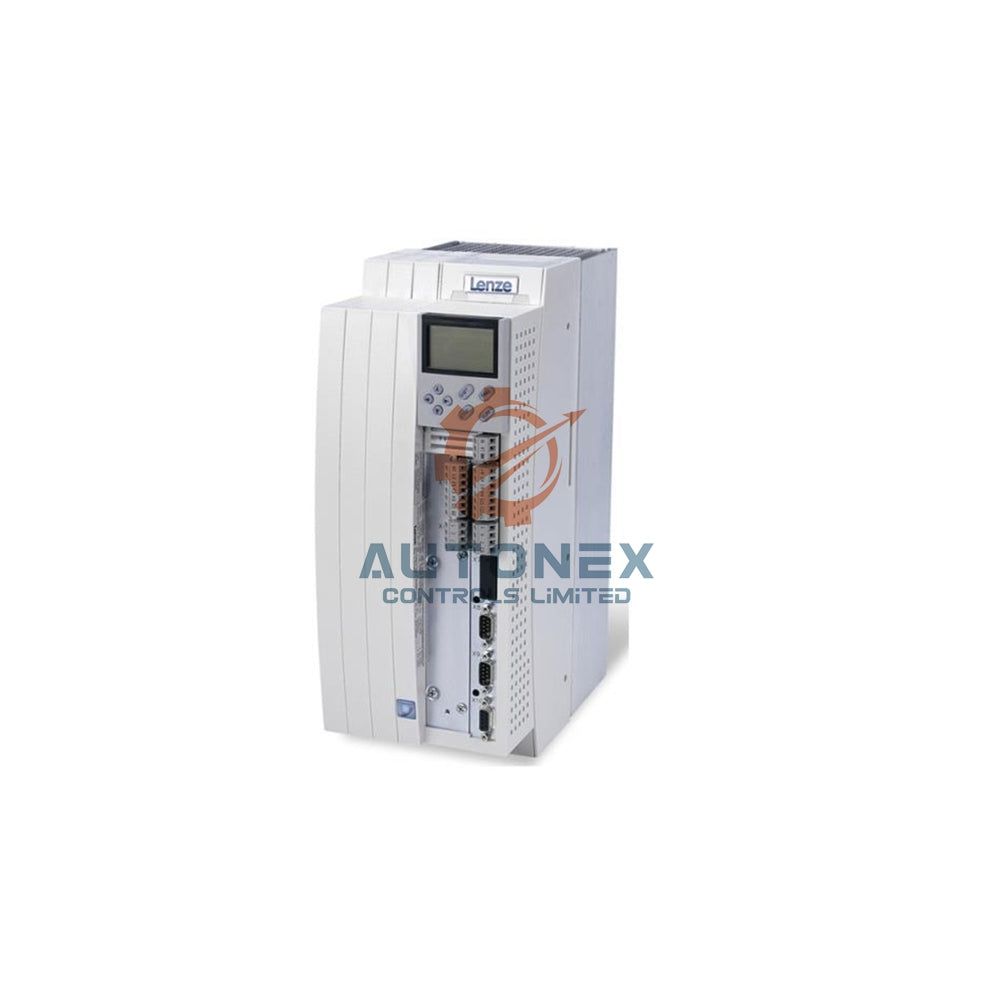4 Unexpected Industrial Applications for AC Drives That Go Beyond Basic Speed Control
Modern AC drives have transformed into sophisticated automation components capable of far more than simple motor speed adjustment. Industrial facilities worldwide are discovering innovative ways to leverage drive technology for energy conservation, precision manufacturing, and sustainable operations.
Regenerative Power Recovery in Vertical Transportation
Regenerative drives capture kinetic energy during descending motion and convert it into usable electricity. Elevator systems utilizing this technology can reduce net energy consumption by up to 30% according to industry studies. The recovered power either returns to the facility's electrical system or supports other equipment on the same DC bus.
Advanced Web Tension Management
Maintaining consistent tension in material processing requires dynamic torque adjustment. Modern AC drives automatically compensate for changing roll diameters in real-time. This eliminates the need for separate tension controllers while preventing material damage in packaging, printing, and textile applications. The result is higher quality output with reduced operational complexity.

Solar Tracking System Optimization
Solar farm operators increasingly rely on AC drives for precise panel positioning. These drives provide smooth low-speed operation essential for accurate solar tracking. Their built-in torque limiting features protect mechanical components during adverse weather conditions while enabling remote adjustment capabilities for seasonal optimization.
Legacy Equipment Modernization
Retrofitting older machinery with contemporary AC drives represents a cost-effective alternative to complete equipment replacement. This approach breathes new life into durable but outdated machines by adding digital control, programmable operations, and improved energy efficiency. Many facilities report payback periods under twelve months through increased productivity and reduced maintenance.
Energy Efficiency Beyond Motor Control
Advanced drives now incorporate sophisticated energy monitoring features that provide detailed consumption analytics. This data enables plant managers to identify inefficient processes and optimize overall system performance. The latest drive technologies can achieve up to 98% efficiency in power conversion, significantly reducing operational costs.
Smart Manufacturing Integration
Contemporary AC drives serve as intelligent nodes in industrial IoT ecosystems. They collect performance data, communicate with higher-level control systems, and enable predictive maintenance strategies. This connectivity transforms basic motor control into comprehensive asset management, reducing unexpected downtime and extending equipment lifespan.
Implementation Considerations
Successful AC drive applications require careful system integration. Electrical compatibility, environmental conditions, and communication protocols must all be evaluated during planning. Proper installation ensures optimal performance while maximizing return on investment through enhanced functionality and energy savings.

Frequently Asked Questions
What distinguishes regenerative drives from standard AC drives?
Regenerative drives include specialized components that allow power to flow back into the electrical system, whereas standard drives dissipate excess energy as heat through braking resistors.
Can AC drives improve power quality in industrial facilities?
Yes, advanced drives with active front end technology can correct power factor issues and reduce harmonic distortion, improving overall electrical system performance.
How difficult is retrofitting legacy equipment with modern drives?
While requiring electrical expertise, retrofitting is generally straightforward. Most challenges involve mechanical integration and control interface implementation rather than drive configuration.
What maintenance do AC drives require?
Modern drives need minimal maintenance—primarily periodic cleaning, torque verification of power connections, and firmware updates. Their solid-state design eliminates many wearable components found in older control systems.
Can AC drives communicate with building management systems?
Yes, most contemporary drives support multiple communication protocols including Ethernet/IP, Modbus TCP, and PROFINET, enabling seamless integration with facility automation systems.
Check below popular items for more information in Autonexcontrol


